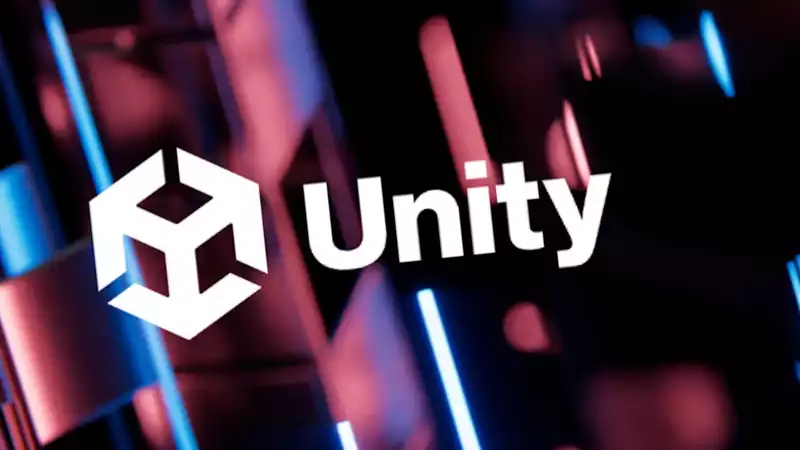Last month, Unity, one of the largest game engines, attempted to make a highly controversial change to the way it does business. That is, it will retroactively collect a fee from developers for each installation of their games, regardless of how that installation was done. Uploading your game to Game Pass or Humble Bundle is not important. There were changes after the fact, but they did little to re-establish trust with developers.
This whole debacle led to the resignation of Unity's former CEO John Riccitiello. He had to apologize for calling developers "fucking idiots" when talking about monetizing games and was not exactly a rock star in the developer community. I'm no business guru, but even I could have told you that directly insulting your user base is not good behavior.
According to mobilegamer's anonymous industry sources, these changes were not well thought out in the first place; meetings among Unity managers had raised alarm bells early on.
"Half of the participants in that meeting said that this model was too complicated, would not be well received, and that we should talk to people before doing this: ...... They obviously had conversations with people, but not enough ...... We had this meeting and were told it was happening but we were not told the date . And before we knew it, it was out in the world."
The faltering policy change is also believed to have been the result of a drop in the company's stock price, which fell 11% when the company laid off 600 employees in May. After all, Unity has lost billions of dollars over the past 18 years. Sadly, it was not well served."
"The company's stock price has fallen by more than $3 billion in the last 18 years.
These aforementioned changes have solved several problems with the system. For example, if your game is subject to run-time fees, you can take a 2.5% revenue share instead of per install. In short, studios making low-cost Unity games or free games are not penalized simply for existing.
As for companies with deeper pockets, one source states: "It's a negotiation. Some of the bigger clients will just go back to Unity and agree to the numbers, but they won't pay that money," he said, and continued: "A lot of the backlash from indie developers was actually misplaced. In any case, none of them are anywhere near the [million-dollar] mark."
Given that many of the further complaints were based on trust rather than financial matters, that seems a bit off the mark; Facepunch Studio's Garry Newman said the change "was an eye opener. The threat of what could happen in the future is now all too apparent." Former PC Gamer writer (and designer of games like "Gunpoint" and "Tactical Breach Wizards") Tom Francis also addressed Unity directly in a blog post last month, sharing his views.
"If I don't seem impressed that the current conventions won't brutalize my expected earnings, it's because it doesn't take a genius to flash forward to your next knife twist: ...... Apparently you can and will be willing and able to change the terms and conditions under which we use your engine and put the fees and thresholds wherever you like. It is clear that trust and Unity's goodwill have been broken and it will take more than a modified contract to fix things.


Comments